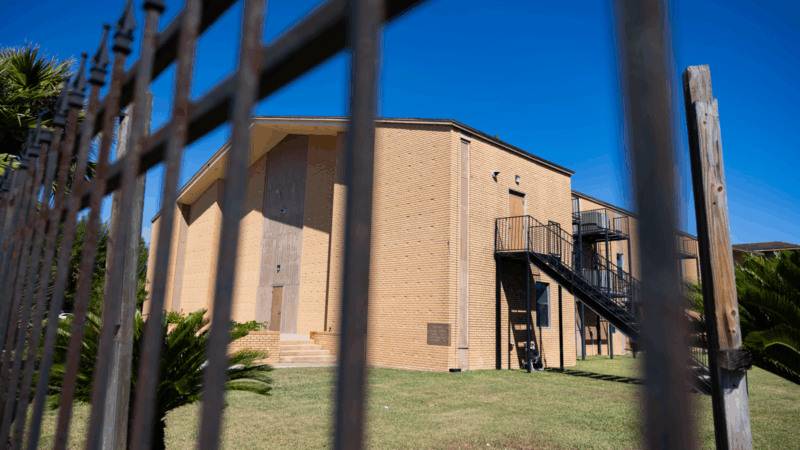UAB Police Chief Named President of National Accreditation Group
The Commission on Accreditation for Law Enforcement Agencies, or CALEA, has chosen UAB Police Chief Anthony Purcell to lead the national organization this year. The commission sets hundreds of standards for law enforcement agencies on everything from body cam usage to bias training. Purcell shares how the commission sets those standards and how the group’s work has changed over the years.
Interview Highlights
On making changes to standards:
“We hear back from our agencies on standards whether they work and how well they’re working and then those standards come before our executive staff. CALEA’s staff will take a look at those standards, compare it to what it was before or compare it to what someone is asking us to take a look at then change or revise it. And then that comes before the commission and we decide to make those changes with other policy makers. So if we vote that there should be a change then it’s changed and that information is sent back out to our agencies.”
How do the standards today differ from those years ago?
“Well you know, things change like the laws change every year. The law changes with the United States Supreme Court. It can change with your own state courts here, like the Alabama Supreme Court or local courts. And so when those laws change we have to adhere to that level of standard that the Supreme Court changed. Like search and seizure or arrest procedures, custody procedures. When those change we have to change the standard.”
The commission’s position on modern advancements, i.e. body cameras and other surveillance:
“So the body cameras are an absolute wonderful tool in terms of law enforcement. And you have to have standards written around that. Years ago, when the body cameras first started coming out, CALEA started doing research on it and we wanted to make sure that we had a set of standards that relate it to the body worn camera. And when we did that, we then sent that out to our agencies to implement as part of their program. Everybody has a camera these days and so it behooves law enforcement agencies to equip their officers with the ability to record as well. So that plays a vital role in terms of how we apply this standard when new technology comes out.”
Dealing with diversity or implicit bias training:
“Bias-based policing is what we call it in CALEA. Again, there is a set of standards around that which would include bias against traffic stops, field interviews, arrest procedures, anything that one could view as diversity and a difference in culture and race. We have standards around that. And so we bring in experts within that particular field to train our officers on that. We do that here at UAB. The Birmingham Police Department may do it differently with another guest speaker. But you bring in experts in that area or you train your officers. You send them to bias base training and then they come back and they’re able to train their own staff. At CALEA, we send a set of trained individuals to your department to make sure that what you’re saying you’re doing, you’re doing. So they have to verify within your files that you’re doing what you say you’re doing. And that’s done annually.”
Roy Cooper, Michael Whatley set to compete for a high-stakes North Carolina U.S. Senate seat
Former Democratic North Carolina Gov. Roy Cooper will face former Republican National Committee Chairman Michael Whatley in the state's toss-up U.S. Senate race.
Voting nears to a close in Texas primary that may be crucial to control of the Senate
The GOP and Democratic primaries mark a potential litmus test for what direction base voters want their parties to go ahead of midterm elections this fall that will determine power in Congress.
Pregnant migrant girls are being sent to a Texas shelter flagged as medically risky
Government officials and advocates for the children worry the goal is to concentrate them in Texas, where abortion is banned.
The 2026 World Cup faces big challenges with only 100 days to go
Will Iran compete? Will violence in Mexico flare up? And what about funding for host cities in the U.S.? With only 100 days left before it beings, the 2026 World Cup in North America is facing a lot of uncertainty.
A glimpse of Iran, through the eyes of its artists and journalists
Understanding one of the world's oldest civilizations can't be achieved through a single film or book. But recent works of literature, journalism, music and film by Iranians are a powerful starting point.
Mitski comes undone
She may be indie rock's queen of precisely rendered emotion, but on Mitski's latest album, Nothing's About to Happen to Me, warped perspectives, questionable motives and possible hauntings abound.






